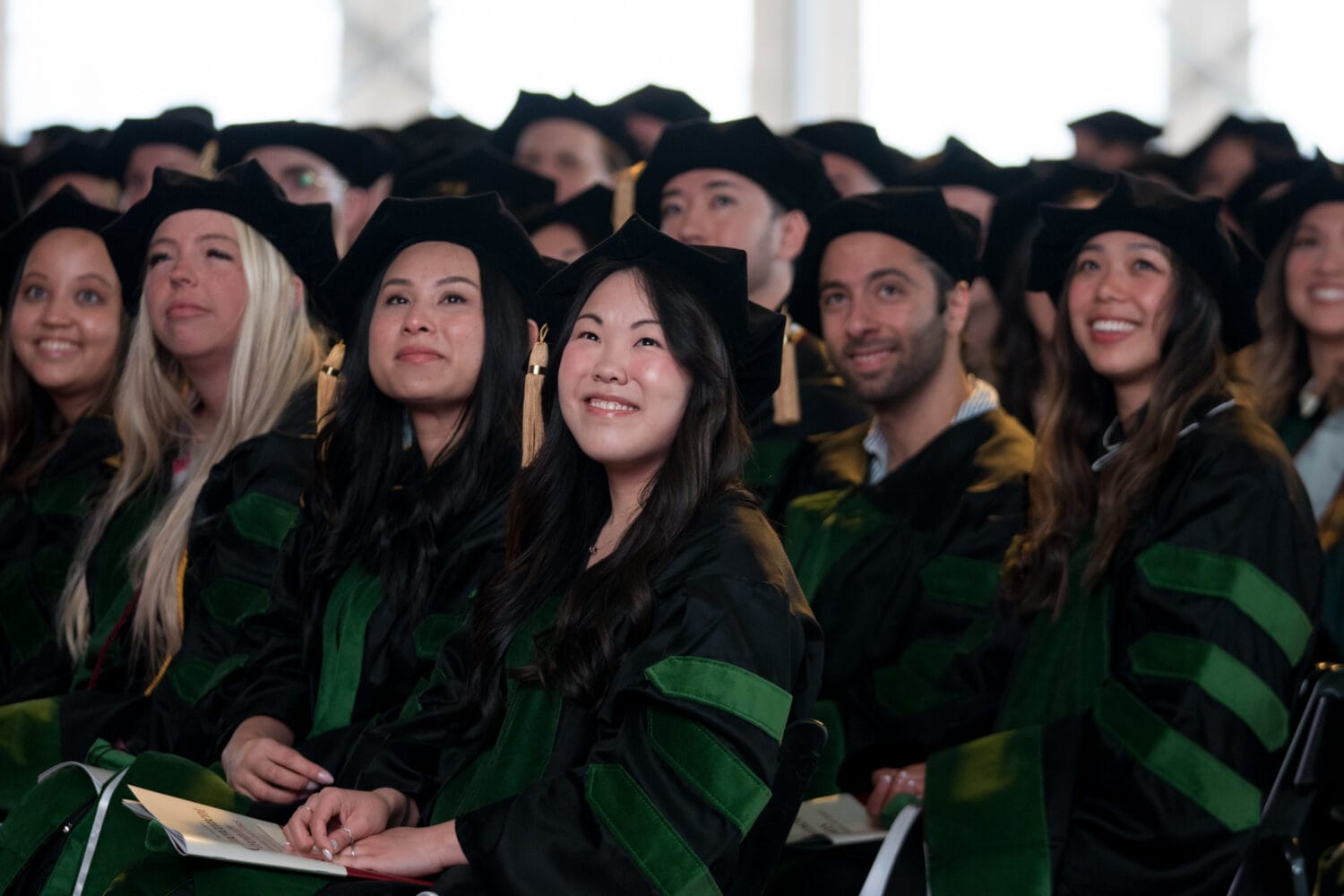Faculty Startup at WesternU Lands Federal Small Business Innovation Research (SBIR) Contract Award
A recent collaboration between Western University of Health Sciences and its College of Pharmacy has resulted in the founding of a new faculty startup – Strategic Drug Solutions, Inc. (SDS).
SDS is a for-profit company that creates a university-private partnership bridge to facilitate the development and commercialization of innovative drug technologies via unique funding opportunities and various licensing options. SDS has been awarded a $249,490 Small Business Innovation Research (SBIR) contract through the National Institutes of Health (NIH) to begin its important work.
SDS will initially focus on the oral formulation of an aminoglycoside that has heretofore only been available by intramuscular injection to treat tuberculosis. Tuberculosis is a world-wide disease that affects nearly 10 million people annually. Adherence to current forms of therapy has been a major impediment to successful treatment.
Under a general licensing agreement, WesternU will transfer licensing of the novel drug delivery patent to SDS for the SBIR contract’s field of use in exchange for royalties on any commercialized products.
“The collaboration between SDS and the University allows SDS to apply for government-sponsored SBIR grants or contracts, among other sources, and provides an important resource for the development of University-owned technology that is otherwise not available to the College of Pharmacy or the University,” said Daniel Robinson, PharmD, Dean of WesternU’s College of Pharmacy. “The federal government sets aside 2.5 percent of its research and development money annually for small businesses innovation research and technology development. The success rate for funding of research proposals through this mechanism is actually higher than through traditional NIH funding channels.”
The company began as an idea of Moses S.S. Chow, PharmD., FCCP, FCP, coupled with the business sense and entrepreneurial talents of Jesse Martinez, PharmD, FASCP, Vice Dean of the College of Pharmacy, the wise counsel of Randy Berholtz, a life science business professional and lawyer, and the support and encouragement of Dean Robinson.
Dr. Chow is the principal investigator and a co-founder of SDS. Dr. Chow joined WesternU in 2007 as a Professor of Pharmacy Practice and Administration and Director of the Center for the Advancement of Drug Research and Evaluation (CADRE). He is a seasoned investigator who brings 30-plus years of research experience, a record of more than 300 publications, and several patents as part of his academic portfolio.
Some interesting facts about university startups according to the National Council of Entrepreneurial Tech Transfer (www.nect2.org):
• More than 400 university startups are created nationally each year. Eight percent of all university startups go public in comparison to a “going public rate” of only 0.07 percent for other U.S. enterprises.
• Sixty-eight percent of university startups created between 1980 and 2000 remained in business in 2001, while only 10 percent of regular startups remained in business during the same time period.
“We see this as a tremendous opportunity for the College of Pharmacy and the University to participate in the development of ideas that have the potential for commercialization,” said Dean Robinson.
“The entrepreneurial spirit of the College of Pharmacy and the ultimate founding of SDS, reflects the type of progression that occurs when research is supported and encouraged at the University level,” said Benjamin L. Cohen, DO, Provost and Chief Operating Officer of WesternU. “The University is truly committed to strategically enhancing its research enterprise and strengthening and motivating faculty research in all its nine graduate health science colleges.”
“The focus on treatment of tuberculosis of SDS’ SBIR contract aligns with the University’s mission ‘to produce, in a humanistic tradition, health care professionals and biomedical knowledge that will enhance and extend the quality of life in our communities,’” said Philip Pumerantz, PhD, President of WesternU. “The development of technology that will provide a better mechanism for treating tuberculosis not only benefits WesternU’s local, national and global communities, but also delivers the kind of impact that all academic health science centers hope to impart in their efforts to further health care and strengthen the health professions.”



